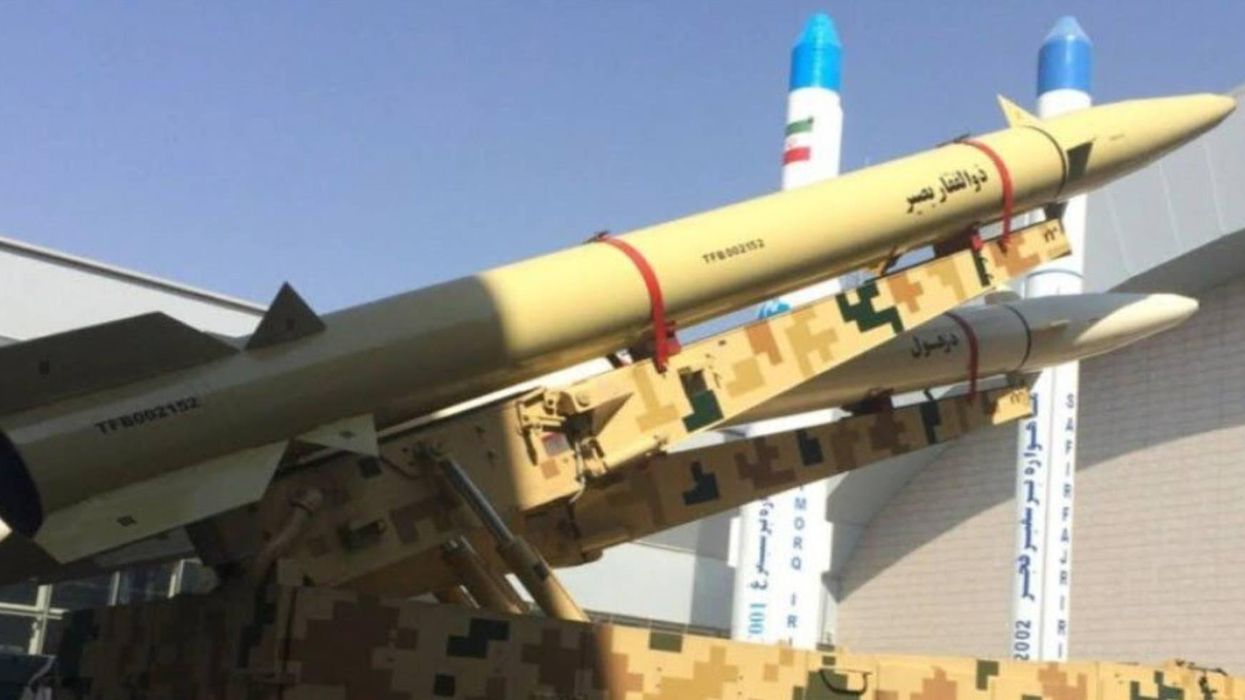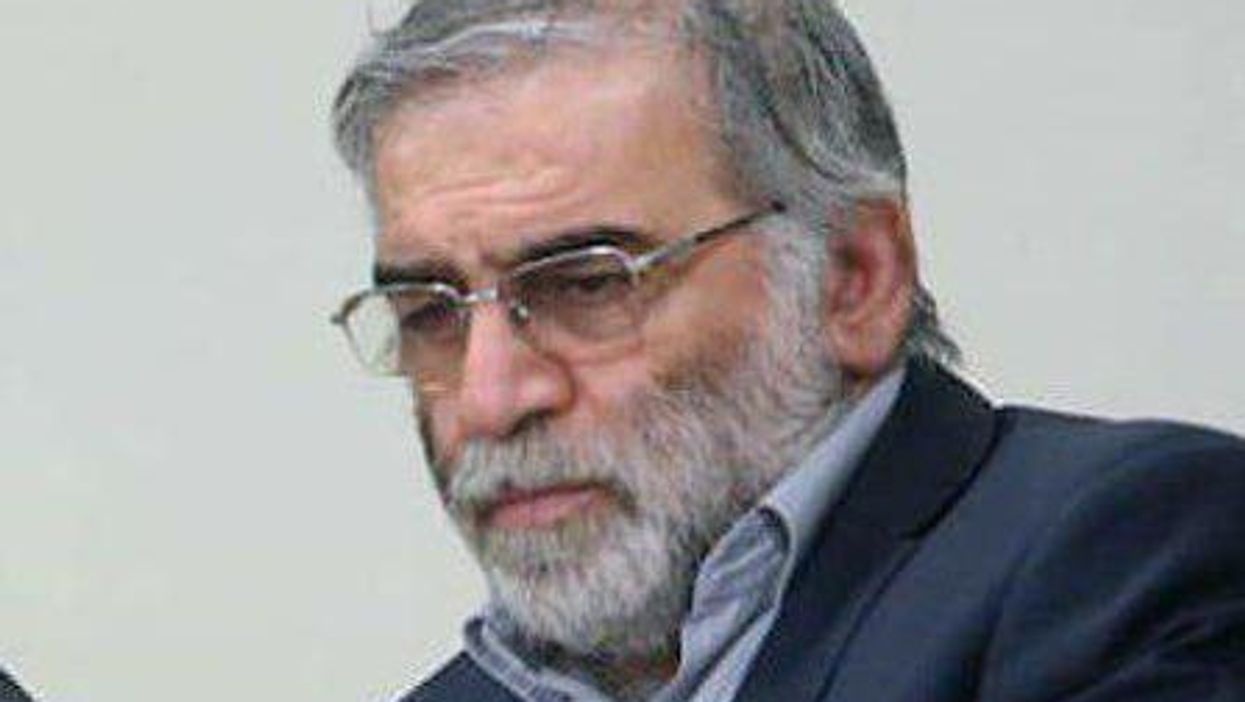Biden Needs To Revive The Iran Nuclear Deal
Donald Trump was a fierce critic of the 2015 Iran nuclear deal negotiated under Barack Obama. Because of it, he said in 2018, "In just a short period of time, the world's leading state sponsor of terror will be on the cusp of acquiring the world's most dangerous weapons."
He pulled the plug, and what a difference it made. On Thursday, a group of 40 nuclear arms experts issued a statement estimating that today, Tehran would need only a week or two to produce enough weapons-grade uranium to make a bomb. Under the agreement, it would have taken a year.
That's because the Joint Comprehensive Plan of Action required the Tehran regime to scrap 13,000 centrifuges, strictly limit enrichment, ship out 97% of its spent nuclear fuel and more. It stipulated that "under no circumstances will Iran ever seek, develop or acquire any nuclear weapons."
Obama's critics had predicted Iran would not fulfill its obligations — but the International Atomic Energy Agency repeatedly certified that Iran had done what the deal required. Even as he was renouncing the agreement, Trump was unable to identify any violations. His own administration had certified Iran's compliance.
After the U.S. reneged on its commitment, though, Iran proceeded to do likewise. Since Trump's withdrawal, it has boosted its uranium enrichment, denied international inspectors access to surveillance videos and installed advanced centrifuges, all in violation of the accord.
This was not what Trump promised. He assured Americans that "we will be working with our allies to find a real, comprehensive and lasting solution to the Iranian nuclear threat" and that Iran would soon capitulate under the pain of new sanctions. It should surprise no one to find that he was talking nonsense.
Those allies strenuously objected to his withdrawal. In a joint statement, the governments of Germany, France and Britain, all parties to the deal, expressed "regret and concern" and declared, "We emphasize our continuing commitment to the JCPOA." Nor did the sanctions force Iran to come crawling back, begging for mercy.
Opponents of the deal said that because various provisions only lasted for 10 or 15 years, Iran would eventually be able to acquire the bomb. But Trump only speeded up the process. His policy was the equivalent of a cancer patient rejecting a proven treatment because the cancer might someday recur.
Another criticism of the accord was that it didn't keep Iran from supporting terrorist groups or testing new missiles. But that's like our cancer patient spurning cancer treatment because it wouldn't cure his arthritis or his migraines. Solving one problem is not as good as solving multiple problems, but it beats solving none.
Trump didn't just adopt a policy that was bound to fail. He also hindered any correction by his successor. In the first place, Trump's decision served to discourage Iran from ever forging any deal with Washington. Why agree to terms with one president if the next one might very well tear them up?
Trump also devised another way to prevent a revival of the accord. A year after he withdrew, his administration elected to list Iran's Revolutionary Guard Corps, a part of the Iranian military, as a foreign terrorist organization — which triggers particular sanctions, and which was previously reserved for nongovernmental groups.
That's now the chief obstacle to a new agreement, because Tehran insists that the designation be revoked. Otherwise, Iran will be under more sanctions than it was after Trump withdrew. The Biden administration is so far unwilling to revoke the designation. Apparently, it doesn't want to give Republicans a chance to claim it's soft on terrorism.
But George W. Bush, who was never accused of being soft on terrorism, didn't register the IRGC as a terrorist group, because there was no compelling reason to do so.
As Trita Parsi, executive vice president of the Quincy Institute for Responsible Statecraft, told me: "Even if the IRGC is taken off the FTO list, it will remain a specially designated terror organization. It will still be considered a U.S.-designated terror organization."
Biden shouldn't let that dispute get in the way of reviving an agreement that blocked a longtime enemy from becoming a nuclear power. He may not want to be pilloried for agreeing to something that can be cynically misrepresented by his foes. But it beats being pilloried for letting Iran get the bomb.
Printed with permission from Creators.




